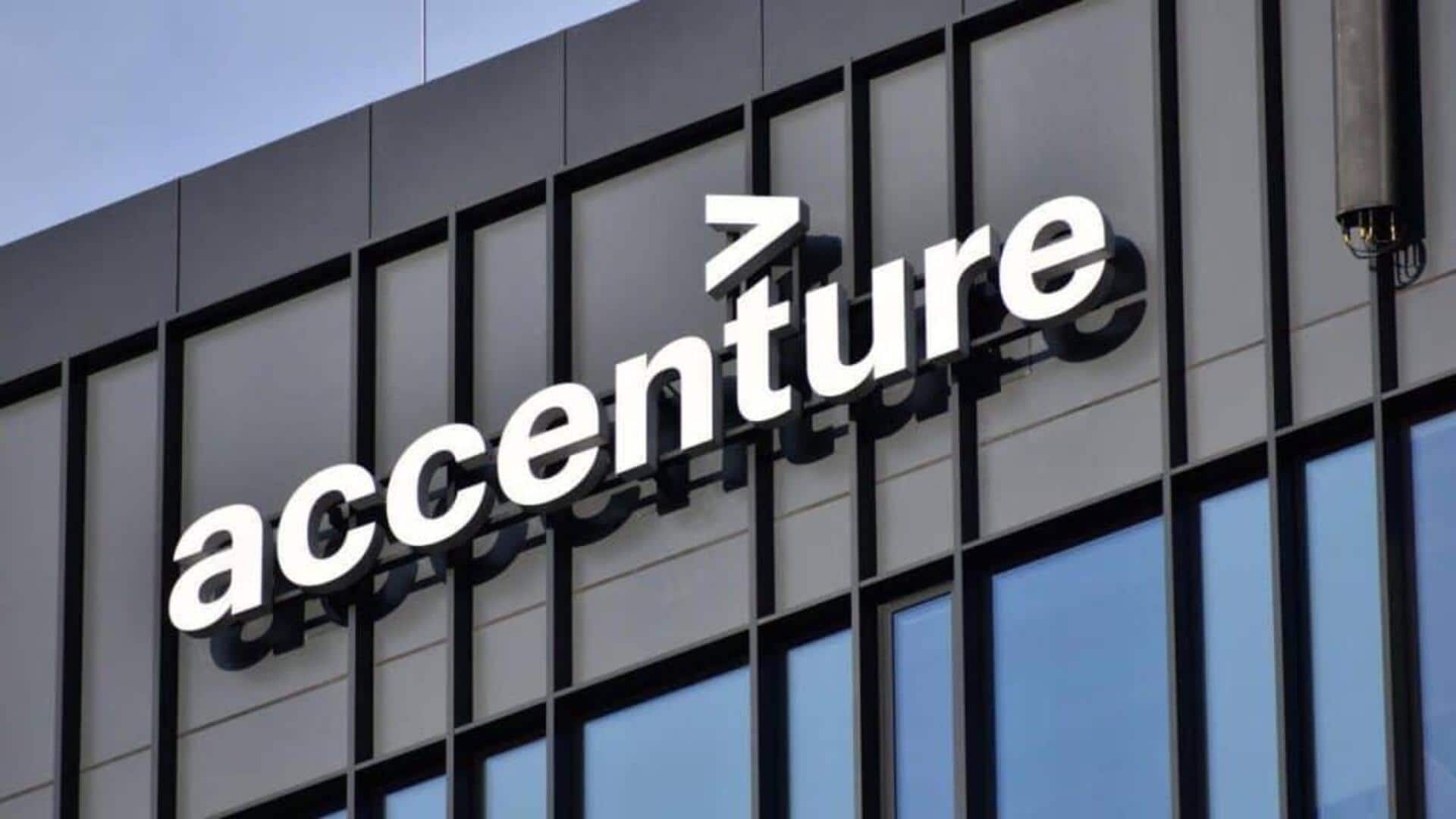
Accenture plans to create 12,000 jobs in Andhra Pradesh
What's the story
Accenture, a leading tech consultancy firm, has proposed to set up a new campus in Andhra Pradesh. The move is part of the company's strategy to expand its workforce in India by some 12,000 employees. The proposal comes after similar initiatives from Tata Consultancy Services and Cognizant under a new state policy that offers land at just ₹0.99 per acre for companies willing to create jobs.
Proposal
Firm seeks 10 acres of land
Accenture's proposal, which is currently being reviewed by the Andhra Pradesh government, seeks about 10 acres of land in Visakhapatnam. The company has asked for the land on similar terms as other IT firms under the new state policy. Notably, India is already Accenture's largest employee base globally with over 300,000 of its 790,000 employees based here.
Government response
Proposal to be cleared soon
An official from the Andhra Pradesh government has said that they are keen on bringing Accenture to the state. The official also said that while approvals might take some time, they expect the proposal to be cleared. "It is not an unreasonable ask by Accenture, and the proposal will go through," said the official who spoke on condition of anonymity.
Investment details
Investment details yet to be disclosed
The exact amount Accenture plans to invest in setting up the new campus is still unclear. However, it is known that TCS and Cognizant have already secured land leases under this policy for campuses that could create some 20,000 jobs in Visakhapatnam. Cognizant will invest $183 million while TCS has allocated just over $154 million for its facility.
Expansion trend
Tech firms' expansion into tier-2 cities
The expansion of tech firms into smaller Indian cities is a growing trend. The move is driven by lower land, rent, and wage costs in these regions. Post-pandemic, many firms find it easier to hire locally in Tier-2 cities, reversing the earlier trend of workers flocking to major tech hubs.